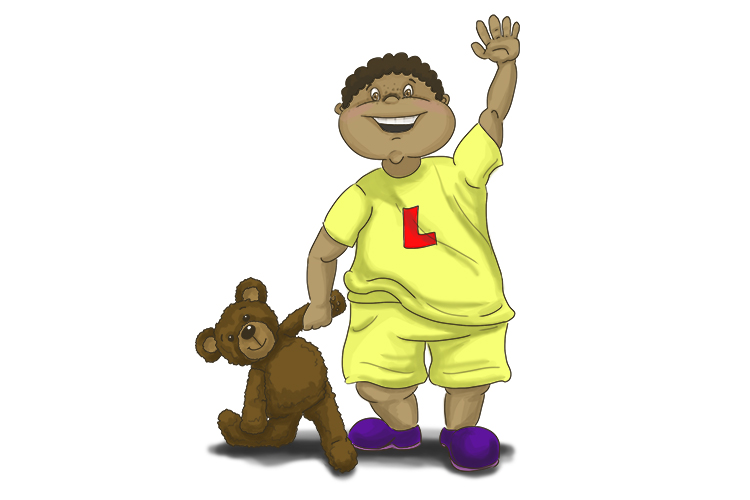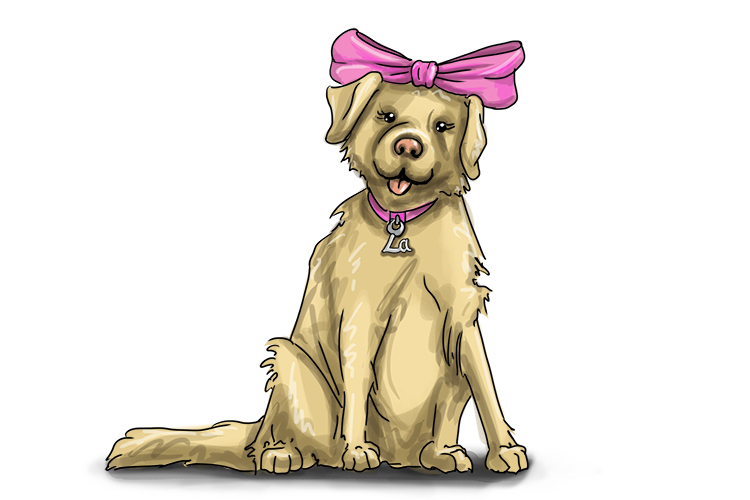Masculine and feminine: French gender
Definite articles (French equivalents of “the”)
French has three words that mean the same as the English “the”.
The words are:
Le (pronounced like the start of the word learn)
La (pronounced lah)
Les (pronounced lay)
Whether you use le, la or les depends on the noun that follows. In French, each noun is either feminine or masculine. If a noun is masculine, it is preceded by le; if it is feminine, it is preceded by la.
However, this only applies to single objects. If a noun is plural, then it is preceded by les whatever the gender of the things being referred to.
There’s another variation for the French “the”, which is used when the noun that it precedes begins with a vowel – a, e, i, o or u – and in most cases where the noun begins with an “h”. This is the letter “l” followed by an apostrophe, ie l’.
|
Variation of “the” |
Gender |
Singular or plural |
Use when noun starts with vowel or “h” |
|
Le |
Masculine |
Singular |
No |
|
La |
Feminine |
Singular |
No |
|
Les |
Either |
Plural |
No |
|
L’ |
Either |
Singular |
Yes |
Examples
If there is one (male) cat, we say: “Le chat”.
If there are two or more cats, we say: “Les chats”.
If there is one woman, we say: “La femme”.
If here are two or more women, we say: “Les femmes”.
If there is one friend, we say: “L’ami”.
If there is one hospital, we say: “L’hôpital”
How do you know whether a noun is masculine or feminine in French? Apart from the obvious – such as the French words for woman, man, boy, girl – you generally have to learn each item’s gender one by one. You could say this is learning by experience.
However, you can sometimes tell if a word is masculine or feminine by looking at its ending. For instance, masculine words often have these endings:
- aire
- asme
- é
- eau
- et
- ien
- isme
- in
- nt
- oir
And feminine words often have these endings:
- ade
- aison
- ance
- ande
- ence
- ise
- son
- té
- tié
- ture
- ude
But this is probably far too much for people to remember!
At Mammoth Memory, we’ve hit on a way of helping you to remember which nouns are masculine and which are feminine.
To remember if a French word is masculine or feminine, we have included with each word a mnemonic picture featuring either:

An early Learner (a little boy with a teddy who is just learning about the world), which shows you should use “le” (masculine, singular) to match the noun
or

A Labrador (dog), which means you should use “la” (feminine, singular) to match the noun.
NOTE: We have chosen these words to denote masculine and feminine because they each start with the relevant sound as well as the relevant spelling.
It’s easy to remember that “les” is used when the noun is plural. Just take a look at the following:

She lay (les) on each of the beds (plural) before deciding which one to buy.
Similarly, it’s easy to remember that when a noun starts with a vowel, you use L’.
Before a e i o u
just an L will do
(but with the apostrophe after it, of course, to show that the usual “e” or “a” is omitted after the L). Treat a silent “h” the same way as a vowel.
NOTE: There is no space after the apostrophe in L' and the word that follows. It’s almost as if you are saying just one word – in terms of pronunciation, the “L” becomes part of the word that follows it, as in “l’hôpital” (the hospital).
Examples
- L’arbre (the tree) – note NOT le arbre.
- l’hiver (the winter) – note NOT le hiver.
- l’école (the school) – note NOT la école.
There’s something else that can go before the noun in one particular situation in French. This is where you want to say “to the …” or “at the …” before the noun.
The word “à” in French means “to” or “at”. But to write or say “à le cinéma” (at the cinema) is incorrect. In such circumstances, where à would be followed by “le”, the word “au” is used instead – e.g., “au cinéma”.
“Au” (pronounced oh) is the French equivalent of “to the …” or “at the …” for use with singular masculine nouns.
When you want to use “to the …” before a plural noun, the word has an “x” added to it – “aux” (but it’s still pronounced oh). For example, “aux maisons” (to/at the houses).
“Aux” is the French equivalent of “to the …” or “at the …” for use with plural nouns.
However, when à is followed by “la” (singular feminine definite article) or l’ (used when the following noun starts with a vowel or “h”), the word does NOT change, e.g.:
à la bibliotèque (to/at the library)
à l’hôtel (to/at the hotel)
More examples:
- au professeur – to the teacher
- aux étudiants (to the students)
Using “de” with le, la, l’ and les
The French word de (pronounced duh) means “from” or “of”. There are some special rules for when you use de along with le and les.
Where de would be followed by le, the word du is used instead.
Examples
- du cinema (from/of the cinema)
- du professseur (from/of the teacher)
Where de would be followed by les, the word des (pronounced day) is used instead.
Examples
- des maisons (from/of the houses)
- des étudiants (from/of the students)
When de is followed by la or l’, the word does not change.
Examples
- de la bibliothèque (from/of the library)
- de l’hôtel (from/of the hotel)
Indefinite articles (French equivalents of “a” and “an”)
“The” in English is known as “the definite article”. When you talk about “the” something, you are usually talking about a particular item that you know. For instance, “the dog” is a dog that you know or have seen.
There are also indefinite articles – “a” and “an”, used when you’re being less specific about an item. “A dog” could be any dog. The French have three equivalents of “a” and “an”:
Un – pronounced uh, like the “u” in “but” (for masculine things)
Une – pronounced oon (for feminine things)
Des – pronounced day (used with plural nouns, i.e. if there’s more than one of them)
Examples
- un roi (a king)
- une reine (a queen)
- des amis (some/any friends)




